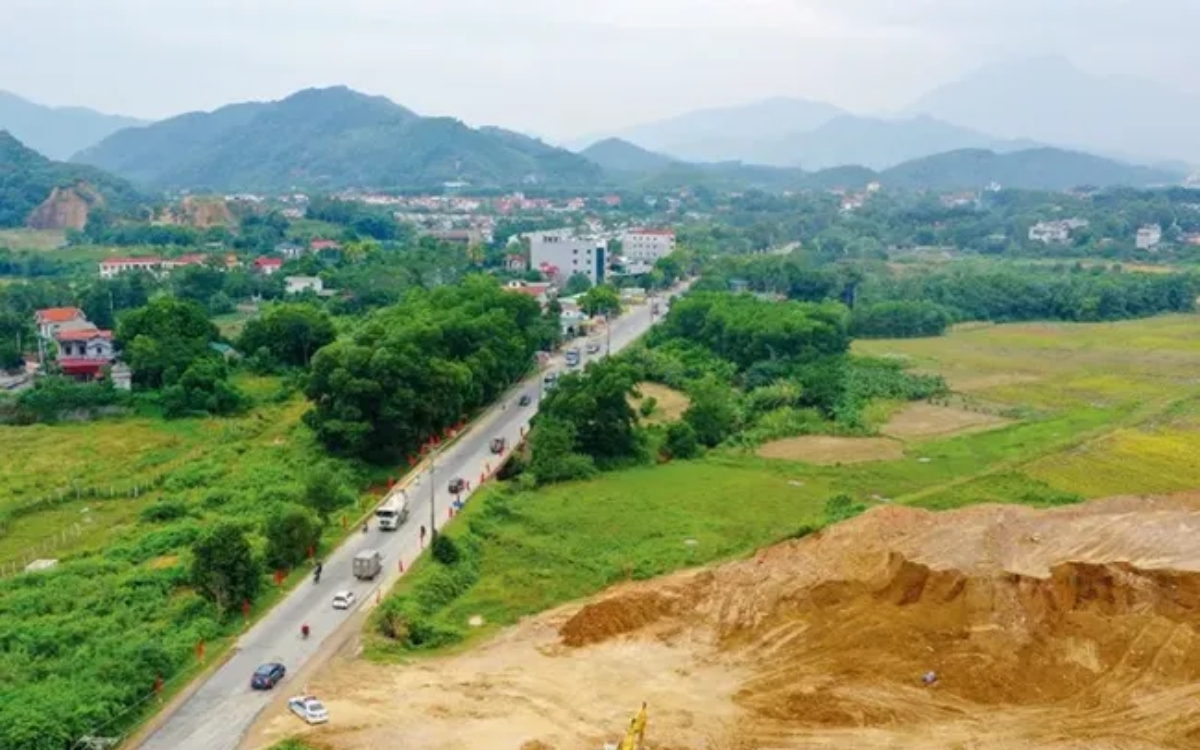The 34-kilometre highway, connecting Da Bac town in Da Bac district to Chieng
Yen commune, Son La province’s Van Ho district, is significant to the
socio-economic development in Hoa Binh province, and the northwestern region as
a whole. With the project, Hoa Binh will be able to lure investments in
localities that the highway run through, including Hoa Son bridge in the
planning of the Hoa Binh lake national tourism site.
According to Vice Chairman of the Da Bac district People’s Committee Nguyen
Thanh Tuan, the district outlined compensation plans, reviewed the
implementation of the resettlement work for affected households, and put forth
site clearance to hand clean land over to investors.
Leaders of the district Party Committee and People’s Committee hold meetings
with working groups on compensation and resettlement groups to evaluate the
progress, and give timely directions to remove arising difficulties, he said.
Hoa Binh needs to retrieve more than 354 hectares of land, mostly forest and rice
fields, for the project.
According to Director of the management board of the transport projects in the
province Bui Ngoc Tam, the board is rushing off its feet to kick start
construction of the highway this month.
Earlier, the Prime Minister approved to build the highway under a
public-private partnership contract. However, it is now developed with public
fund due to difficulties in capital arrangement.
To date, funding has been allocated for the project, while contractor selection
has been carried out.



